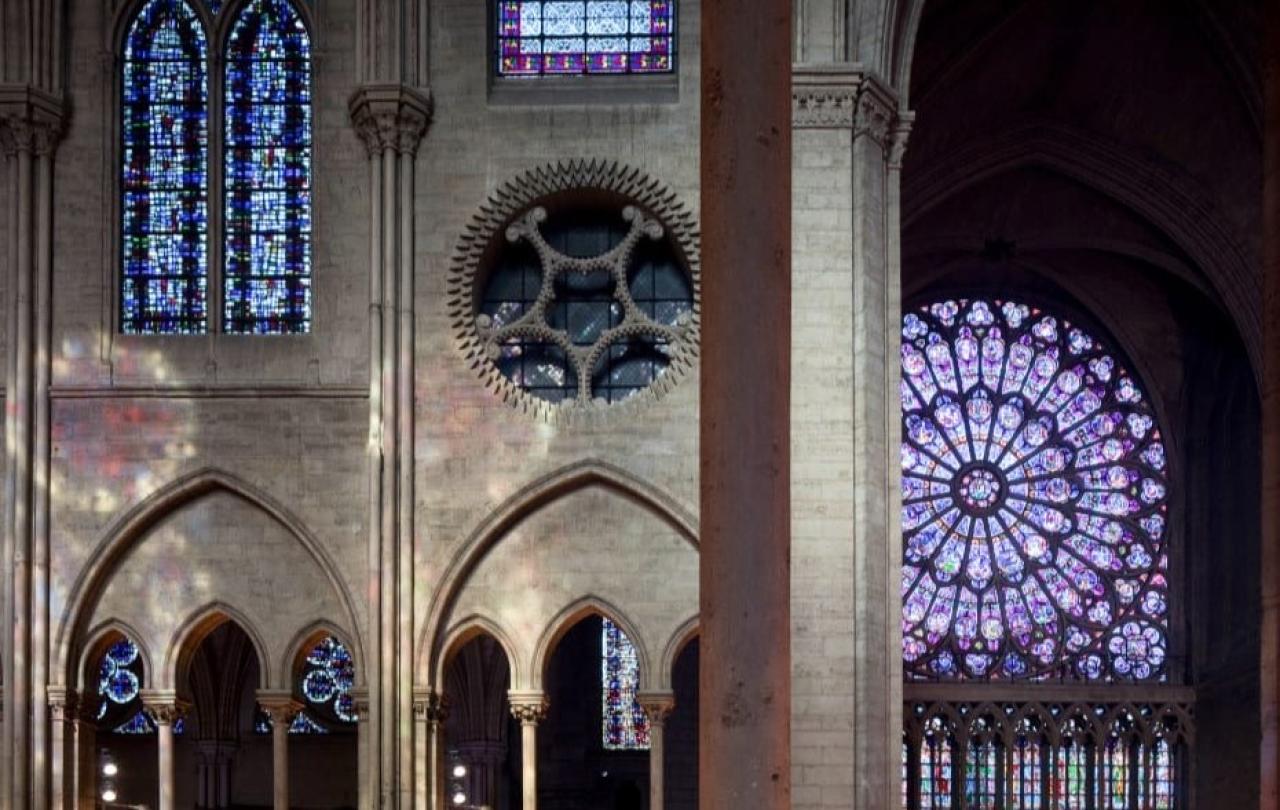
Mark Twain, that purveyor of slanted wisdom, was wary of data. "Figures often beguile me," he wrote, "particularly when I have the arranging of them myself; in which case the remark attributed to Disraeli would often apply with justice and force: 'There are three kinds of lies: lies, damned lies, and statistics.'"
Now whether Disraeli ever said this is a moot point. The quotation has been attributed to figures as various as Walther Bagehot, Arthur Balfour and the Duke of Wellington. Either way it has gone down in history as expressing a certain strand of suspicion when it comes to statistical analysis of the future.
This phrase came to mind this past week when reading The Quiet Revival, a study conducted by the Bible Society that suggests that the long story of church decline in England and Wales is over. It claims that church attendance has risen by 50 per cent over the last six years and particularly young adult men are increasingly turning to the Church, especially to the Roman Catholic and Pentecostal versions of it.
The report been hailed and celebrated by Christian commentators, perhaps in a spirit of relief, thankful for some good news against the background of months of dreary and gloomy news of resigning Archbishops, looming splits in the church over sexuality and the ongoing seemingly inevitable process of decline.
Now I don't for a moment mean to doubt the results of the survey. Or to get all Scrooge-like at the findings. For those of us who have been part of the church for years it is indeed welcome news and a cause for some cautious optimism. It always lifts the spirits a little to feel that others see what you see, and you're not whistling in the dark when it comes to continuing to believe. ‘Revival’ is perhaps too ambitious a word to use right now. It would need a lot more hard evidence from bigger surveys and more observable results to deserve such a designation. But there do seem to be straws blowing in the wind, perhaps the first signs of a refreshing breeze which might yet sweep away some of the shadows of sceptical unbelief.
The appeal of Christian faith is precisely the fact that it's not based on how many people believe it.
Yet forgive me if I take all this with a pinch of salt. The popularity of Christianity has always waxed and waned throughout the last two thousand years. There are times when it has been the flavour of the month - or the century - such as when it started to become the official religion of the Roman Empire 300 years or so after the time of Jesus. Yet popularity brings its dangers. When Christianity becomes cool, it has a tendency to lose its soul, its radical nature diluted by the flocks of people drawn to the cross as a kind of fashion accessory. At other times it has dwindled to a few hardy souls braving it out, like the eleven fearful disciples huddling together in Jerusalem, looking for an escape route after the execution of Jesus, or the tough, rugged Christians who carried on praying during years of persecution, often paying for their faith with their lives.
Christianity’s claims to truth are not dependent on a referendum. For us Christians, our faith remains true whether or not people believe it. The fact that more people may be going to church now than a few years ago doesn't make the Christian faith any more or less true. I've never taken the predictions of the church's demise too seriously. Which is why I'm not one for putting out the bunting when the predictions go the other way.
This why it seems to me that, like Mark Twain, believers in Jesus ought also to be a little sceptical of statistics. Numerical projections and probability theory have their uses in trying to spot social trends, but they don't have much bearing on questions of truth. After all, statistical analysis of what tends to happen to dead people would never have predicted the Resurrection.
The appeal of Christian faith is precisely the fact that it's not based on how many people believe it. It centres on an event where the eternal became temporal, where God entered into human history in the shape of a Galilean rabbi. It therefore transcends time and space, opinion polls and surveys. It gives a confidence rooted not in the swinging mood of public opinion, up one minute and down the next, but instead something lasting, permanent and reliable.
So be glad, if you want, at the prospect of a coming renewed wave of faith. But don’t be fooled into thinking this proves anything. As Jesus once said: “Do not rejoice at this, that the spirits submit to you, but rejoice that your names are written in heaven.”
Celebrate our 2nd birthday!
Since Spring 2023, our readers have enjoyed over 1,000 articles. All for free.
This is made possible through the generosity of our amazing community of supporters.
If you enjoy Seen & Unseen, would you consider making a gift towards our work?
Do so by joining Behind The Seen. Alongside other benefits, you’ll receive an extra fortnightly email from me sharing my reading and reflections on the ideas that are shaping our times.
Graham Tomlin
Editor-in-Chief





